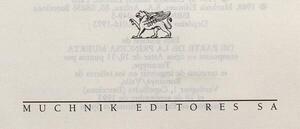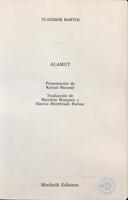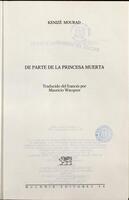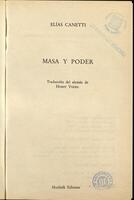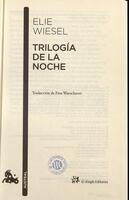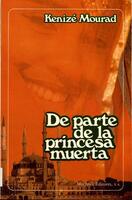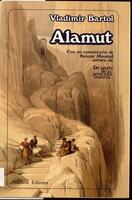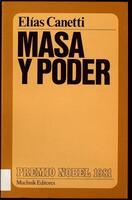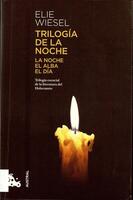Muchnik Editores
(Updated 08/10/2024)
The stamp Muchnik Publishers created on 1973 under Mario's Muchnik direction oriented to the edition of contemporary authors of the Hispanic literature. The first book edited by Muchnik was the Y otros poemas of Jorge Guillén, printed in Mexico and was distribuit in Spain.
+ informationSearch collections
It finds any documentation in fragments in the collection of Edicions 62.
Llanas, Manuel. L'Edició a Catalunya: el segle XX (els darrers trenta anys). Barcelona: Gremi d'Editors de Catalunya, 2007.
Mora, Rosa. "Edicions 62 compra Muchnik Editores". El País, 21 de enero de 1998.
Bayon Pereda, Miguel. "Mario Muchnik, obligado a abandonar la editorial que fundó". El País, 10 de mayo de 1990
Biografía de Mario Muchnik. Instituto Cervantes. Instituto Cervantes, Bibliotecas y documentación. Actualizado Mayo 2017.
